On July 1, Whitworth University’s College of Arts and Sciences was established, joining the School of Global Commerce and Management, the School of Education and the School of Continuing Studies.
Professor of Psychology Noelle Wiersma was named dean.
The establishment of the College of Arts and Sciences serves as a provision for effective, organized administration and also represents progress toward the Courage at the Crossroads strategic plan.
“It has been a slow evolution and a strategic one,” Interim Provost Barbara Sanders said.
The School of Education began in 1991 and the School of Global Commerce and Management in 2001. In 2007, Whitworth College effectively became Whitworth University, continuing the steady movement toward a model more similar to that of a university.
“A college does not have a graduate program or schools,” Sanders said.
A problem with the transition was a lack of a school or college for studies in the liberal arts and sciences, and therefore, a dean to advocate and oversee those studies. In the place of a dean, the provost of the university not only had to administrate the other three schools, but substitute as a dean for the liberal arts and sciences.
“We need to have an administrative structure to help us serve students best,” Sanders said.
Having that structure in place should help promote the departments, interdisciplinary studies and majors at the core of the Whitworth experience.
“This is the first time we have had all four tires and we’re driving down the road together,” Wiersma said.
Wiersma will have the opportunity to serve 122 faculty members across 18 departments, 41 majors and various interdisciplinary studies. It is the role of a salesperson and advocate, Wiersma said, in which she can help people understand the value of a liberal arts education while being a voice for the college.
According to the “Welcome from the President” on the website for the university, “Whitworth’s liberal arts [and sciences] graduates excel in almost every career field, serving in law, business, government, education, medicine, and research — venues where they make vital contributions to the communities and the world in which they live.”
Many of the studies within the liberal arts are considered to be classical. Emphasizing the modern impacts of the sciences with the benefit of bringing the liberal arts into the 21st century is one of Wiersma’s goals. She said she hopes to make liberal arts and sciences buzzwords, part of the standard Whitworth vocabulary alongside mind, heart, community and vocation.
As written on the College of Arts and Sciences website, “The Whitworth University College of Arts & Sciences bears the primary responsibility for providing an education grounded in the liberal arts and sciences and committed to the integration of faith and learning.”
That idea directly correlates to the motto of an education of mind and heart.
“In a very general sense, it’s about developing yourself more fully as a person,” Wiersma said.
Contact Laryssa Lynch at laryssalynch15@my.whitworth.edu

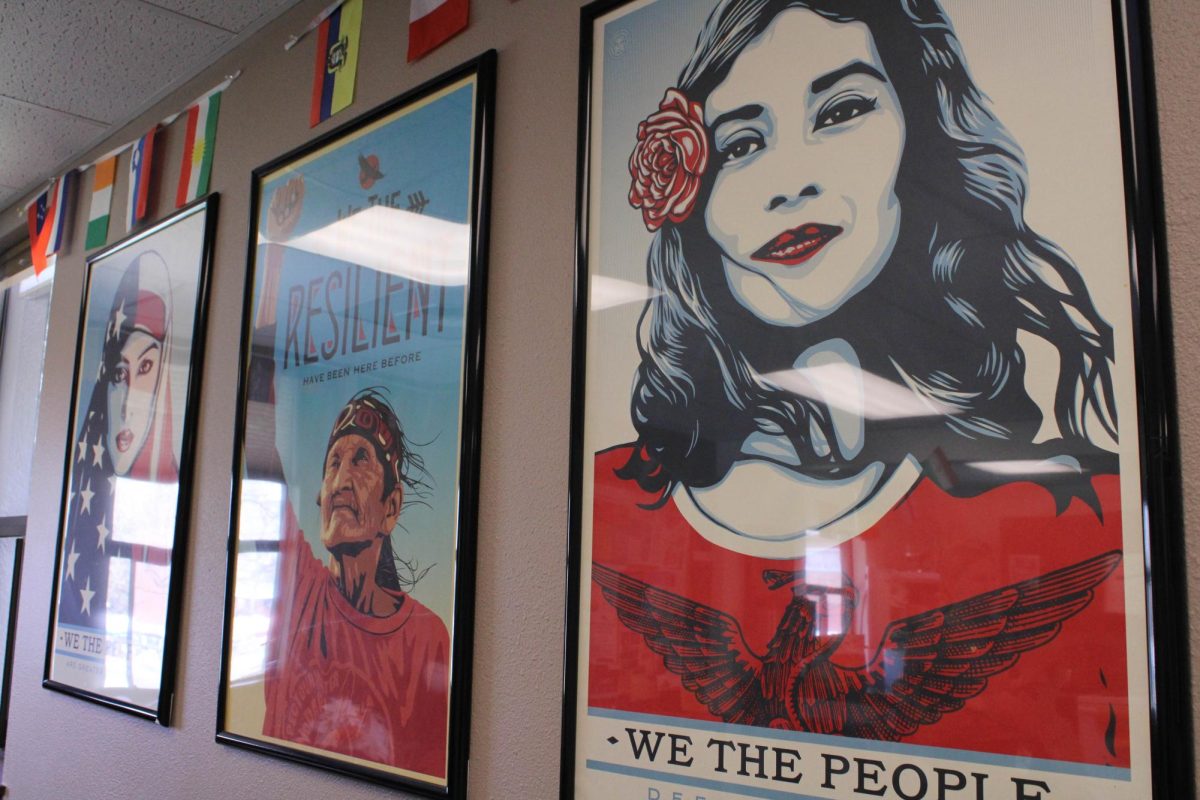
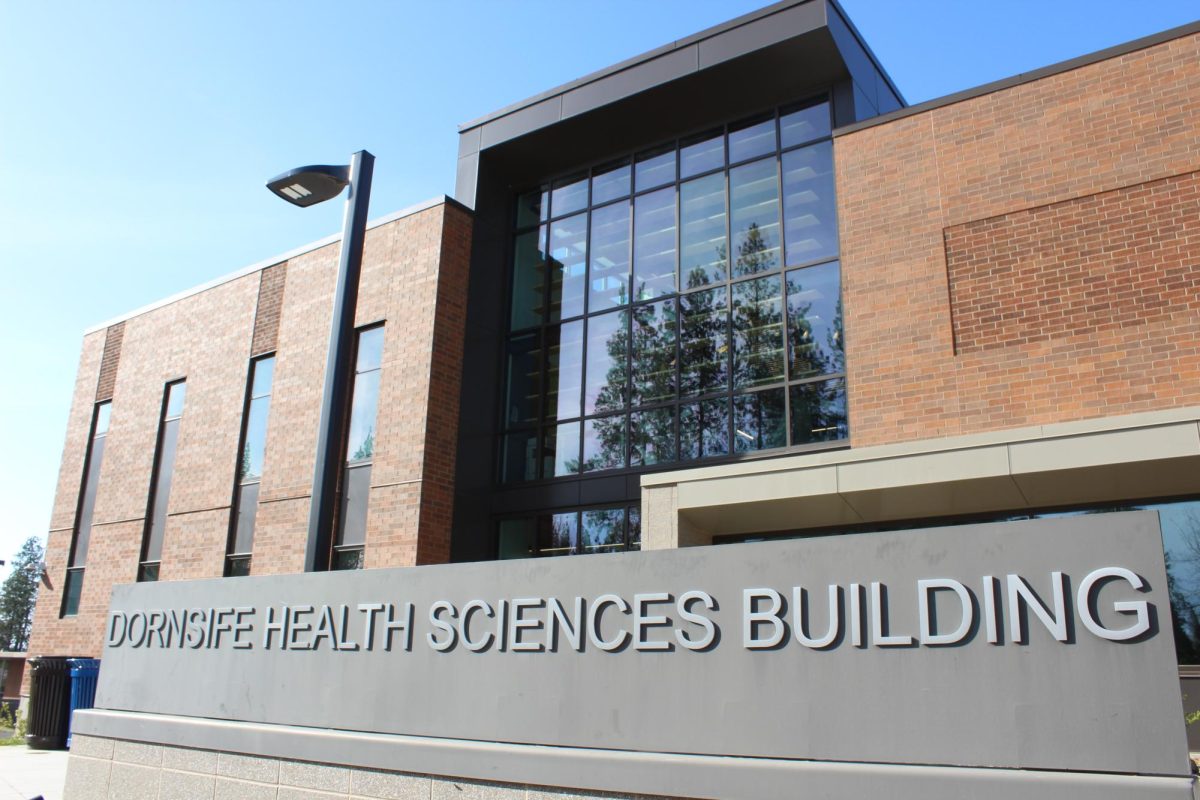
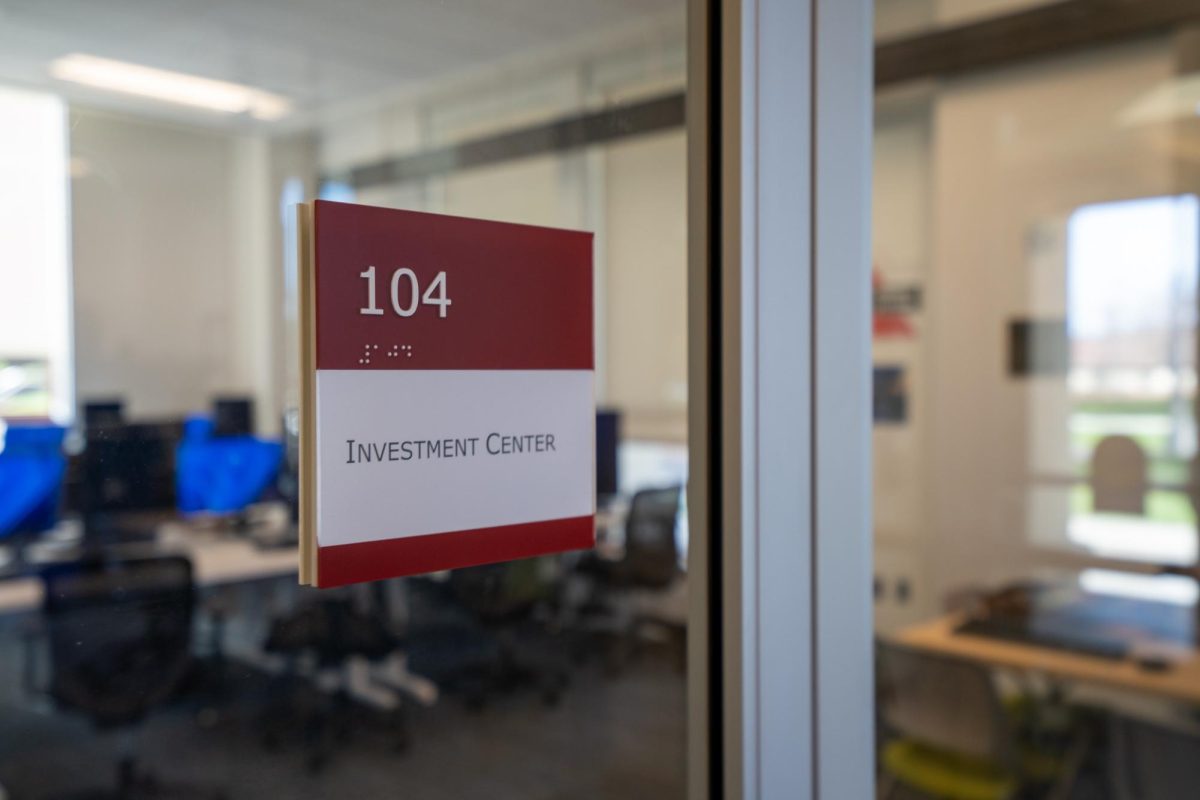
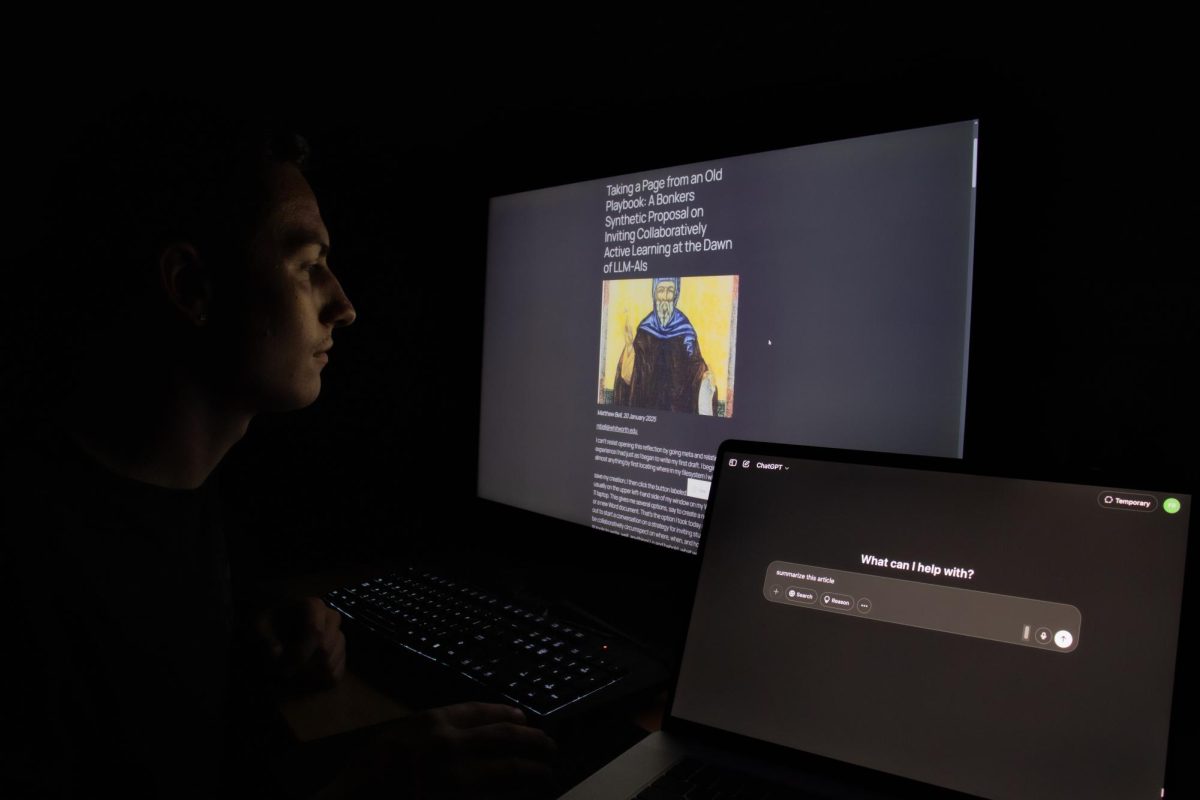
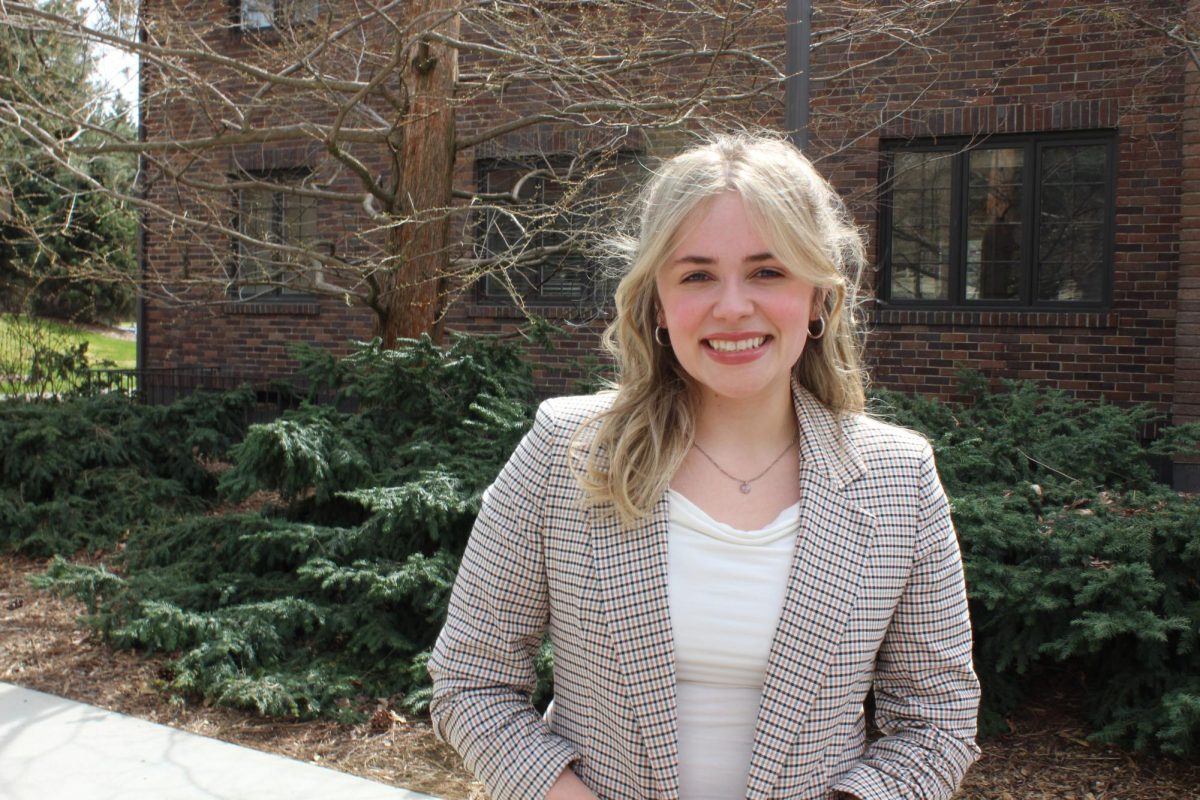

 Spokane?
Spokane?